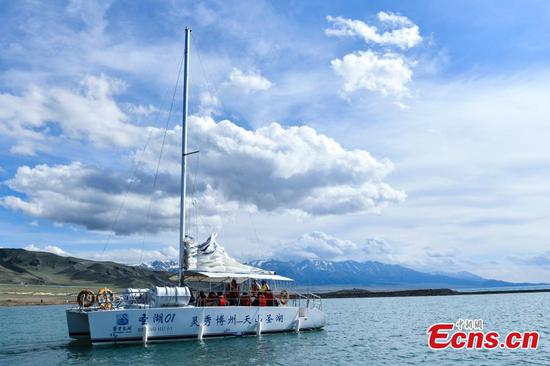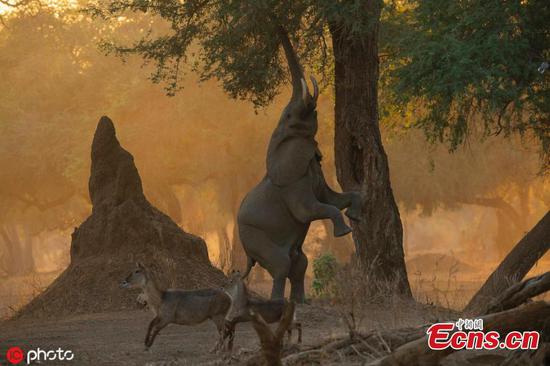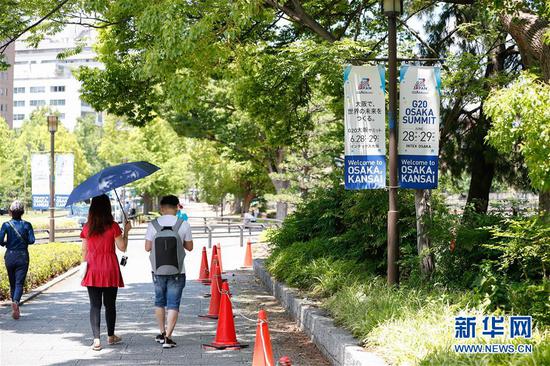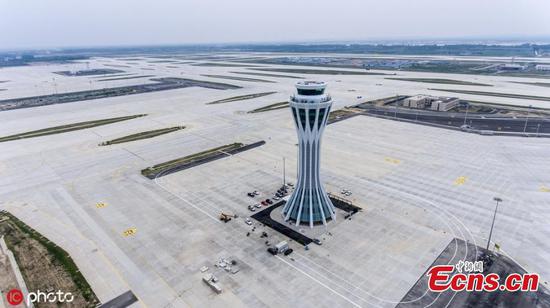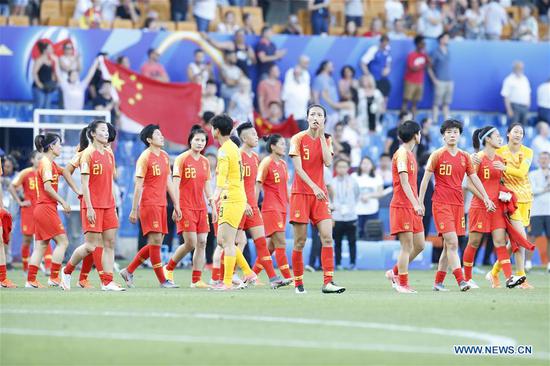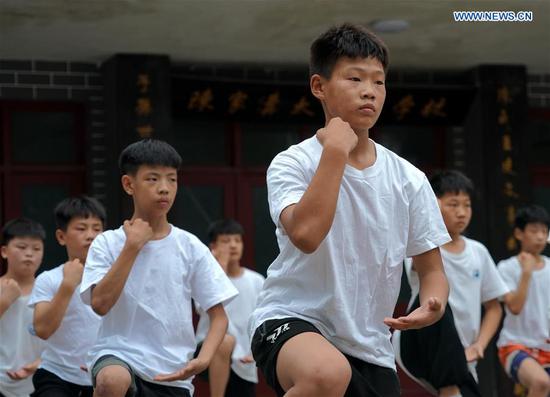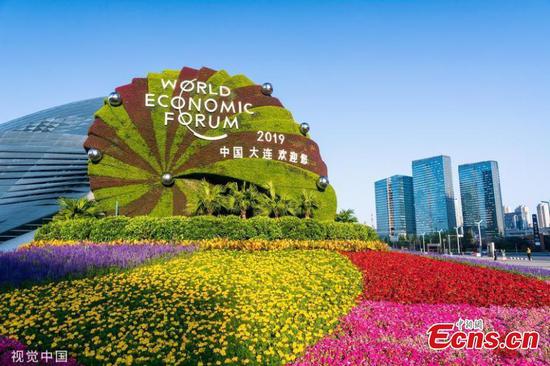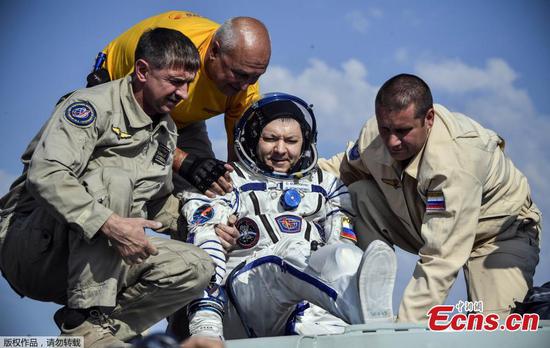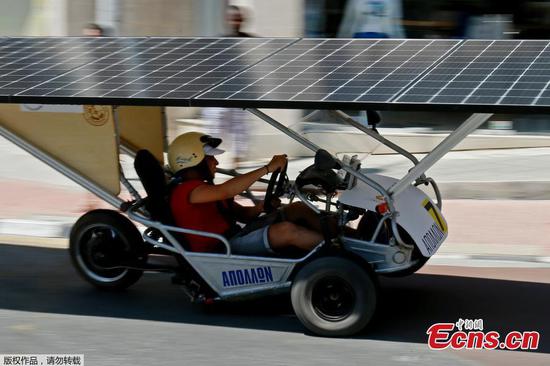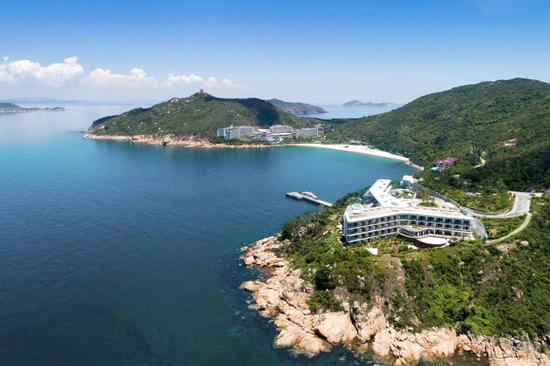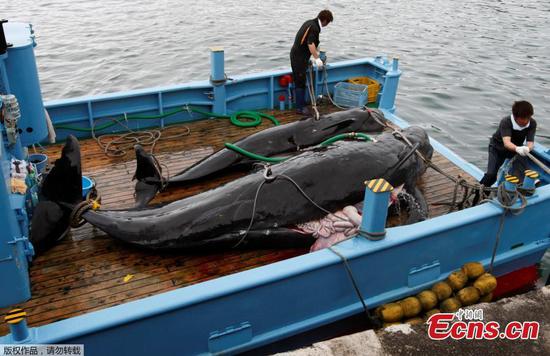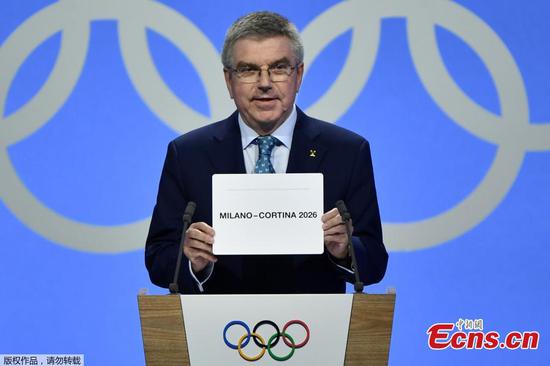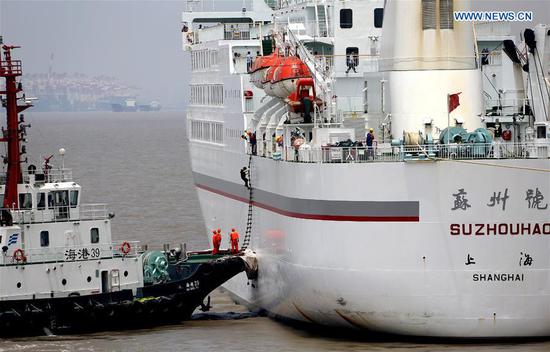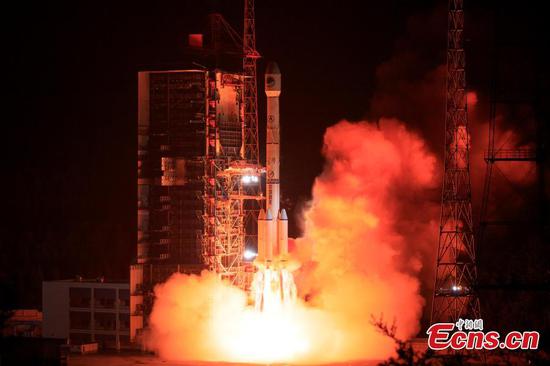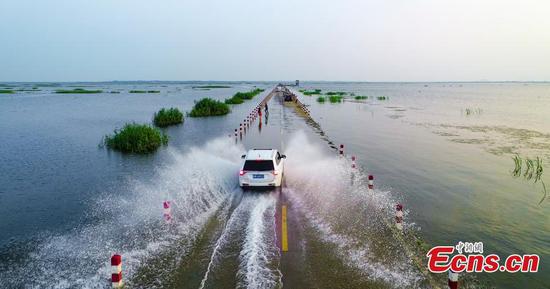Economic issues, other global concerns on agenda in Osaka
Every year, leaders of the world's 20 largest economies gather to discuss economic and financial matters and coordinate policies on other issues of global significance.
Jim O'Neill, chairman of Chatham House, a London-based international affairs think tank, said improved efficiency might be put on the agenda of this year's G20 Summit, which will be held in Osaka, Japan, on Friday and Saturday.
O'Neill, who coined the term BRIC for the emerging economies of Brazil, Russia, India and China when he was Goldman Sachs' chief economist in 2001 — since expanded to BRICS with the addition of South Africa — said improving efficiency is not easy, but the challenges are not insurmountable.
It could be argued that all international bodies frequently struggle to be effective, never mind efficient, he said.
The scale of the 2007-08 financial crisis seemed to bring the best out of the G20, O'Neill said. Many countries were happy to try to frame their monetary and fiscal policy response in a collective way, which allowed observers to comprehend the massive scale of their effort, he said.
"However, what to do when there is no imminent crisis making headlines all over the world?" O'Neill asked.
The G20, formed in 1999, brings together the most important industrialized and developing economies to discuss international economic and financial stability. Its annual summit, a gathering of G20 leaders that debuted in 2008, has evolved into a major forum for deliberating economic issues and other pressing global concerns. Bilateral meetings on the sidelines of the summit have occasionally led to major international agreements or underscored existing hostilities.
It comprises 19 countries and the European Union. The countries are Argentina, Australia, Brazil, Canada, China, France, Germany, India, Indonesia, Italy, Japan, Mexico, Republic of Korea, Russia, Saudi Arabia, South Africa, Turkey, the United Kingdom and the United States.
Because of their size, the countries' policies play a big role in determining the health of the global economy.
Together, the nations of the G20 account for around 80 percent of global economic output, nearly 75 percent of all global trade and about 66 percent of the world's population.
These figures have remained relatively stable, while the corresponding contributions for the G7, a smaller group of advanced economies, have shrunk as emerging markets take up a relatively greater share of the world's economy, Council of Foreign Relations staff members James McBride and Andrew Chatzky wrote in a backgrounder published recently on the website of the U.S. think tank.
While some are skeptical about the G20's usefulness, they said, many observers point out that its membership is more representative of the current international balance of power than other blocs formed earlier like the G7, which came into being in 1976.
The G20 initially focused on broad macroeconomic policy, but has expanded its ambit, McBride and Chatzky wrote. Last year's summit in Argentina focused on fair and sustainable development, while the previous one in Germany addressed issues including corruption, money laundering, and international tax havens. At the 2016 summit in China, President Xi Jinping and U.S. President Barack Obama formally announced their countries' accession to the Paris Agreement on combating climate change.
As part of the preparations for the Osaka G20 summit, the world's leading think tanks held a meeting in Tokyo on May 26-27 to work out policy recommendations for the leaders.
The meeting, known as the Think 20 or T20, is the research and policy advice network for G20 countries. More than 400 think tank experts from the 20 countries sent a message in Tokyo that political leaders must adhere to the principles of multilateralism despite currents of anti-globalism and economic uncertainty.
Naoyuki Yoshino, chairman of T20 Japan and dean of the Asian Development Bank Institute, said the recommendations of the policy experts were based on theoretical and empirical analysis, ensuring that G20 leaders received the most accurate advice.
"The G20 countries have taken steps closer to the new global goal of a sustainable, inclusive and resilient society with the Paris Agreement and 2030 Agenda for Sustainable Development but still face challenges on the way ahead," Yoshino said in the T20 Japan statement.
He said T20 Japan, through the work of its 10 policy task forces, had produced innovative and evidence-based recommendations to guide the way forward for the global community.
In a message posted on the G20's website, Japanese Prime Minister Shinzo Abe said Japan is determined to lead global economic growth at the Osaka summit by promoting free trade and innovation, achieving both economic growth and the reduction of disparities, and contributing to the development agenda and other global issues with the UN's Sustainable Development Goals at its core.
He said Japan will lead discussions on the supply of global commons such as quality infrastructure and healthcare for realizing economic growth around the world, adding that ways to resolve issues such as climate change and the amount of plastic waste in oceans will also be discussed.













